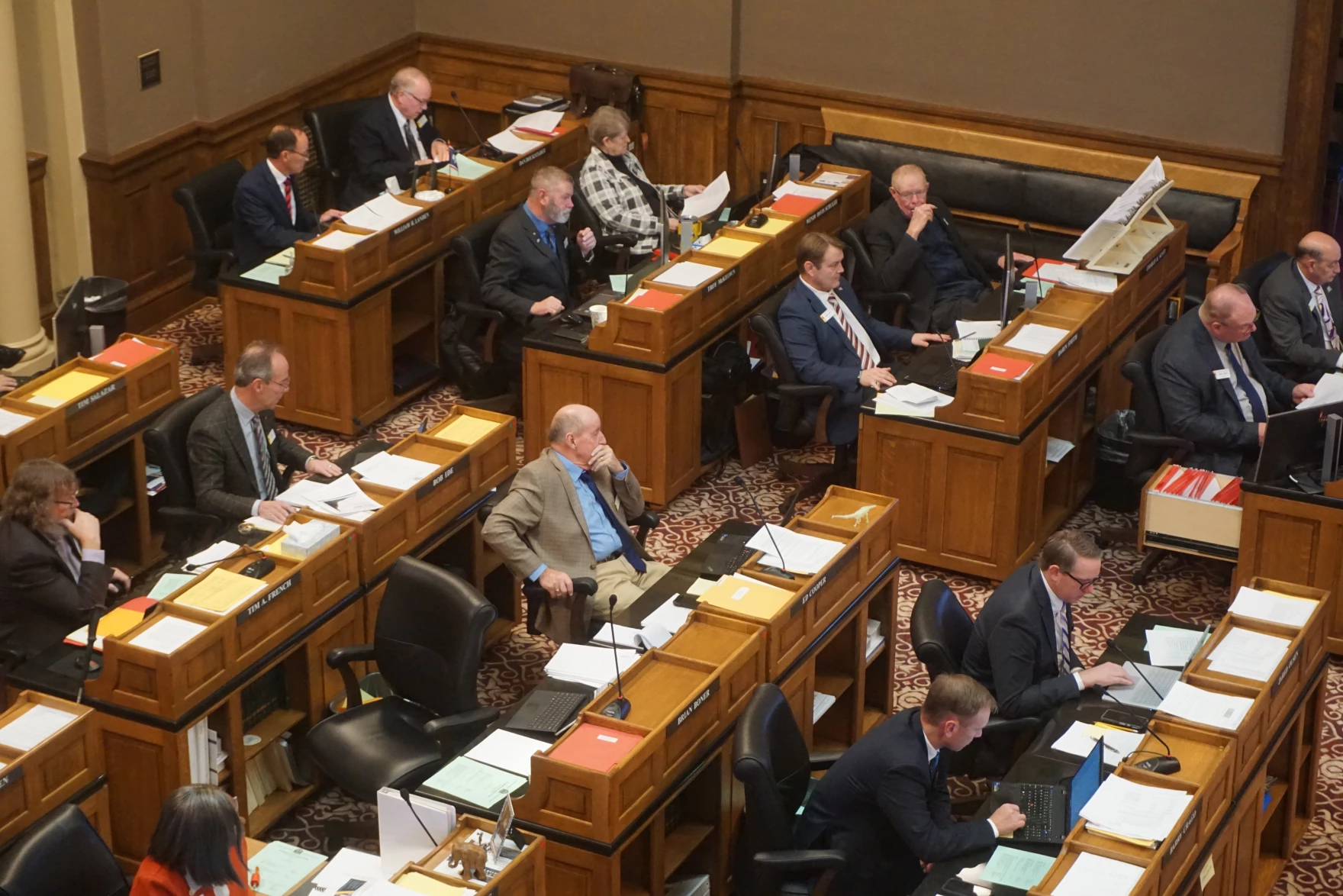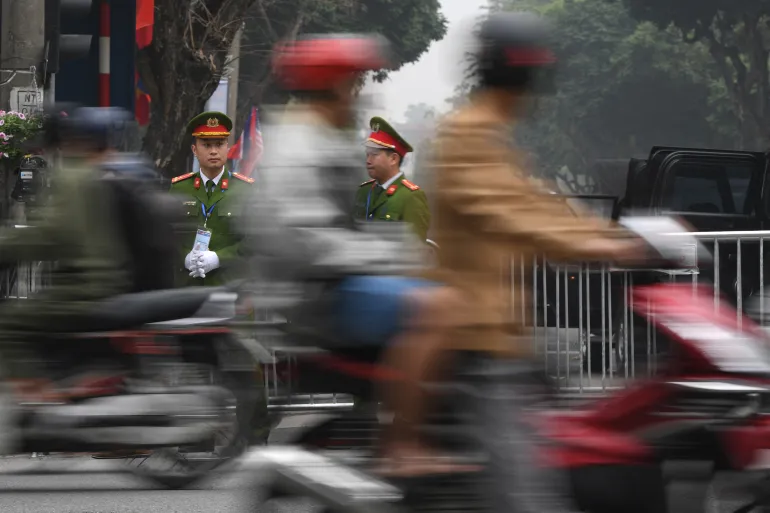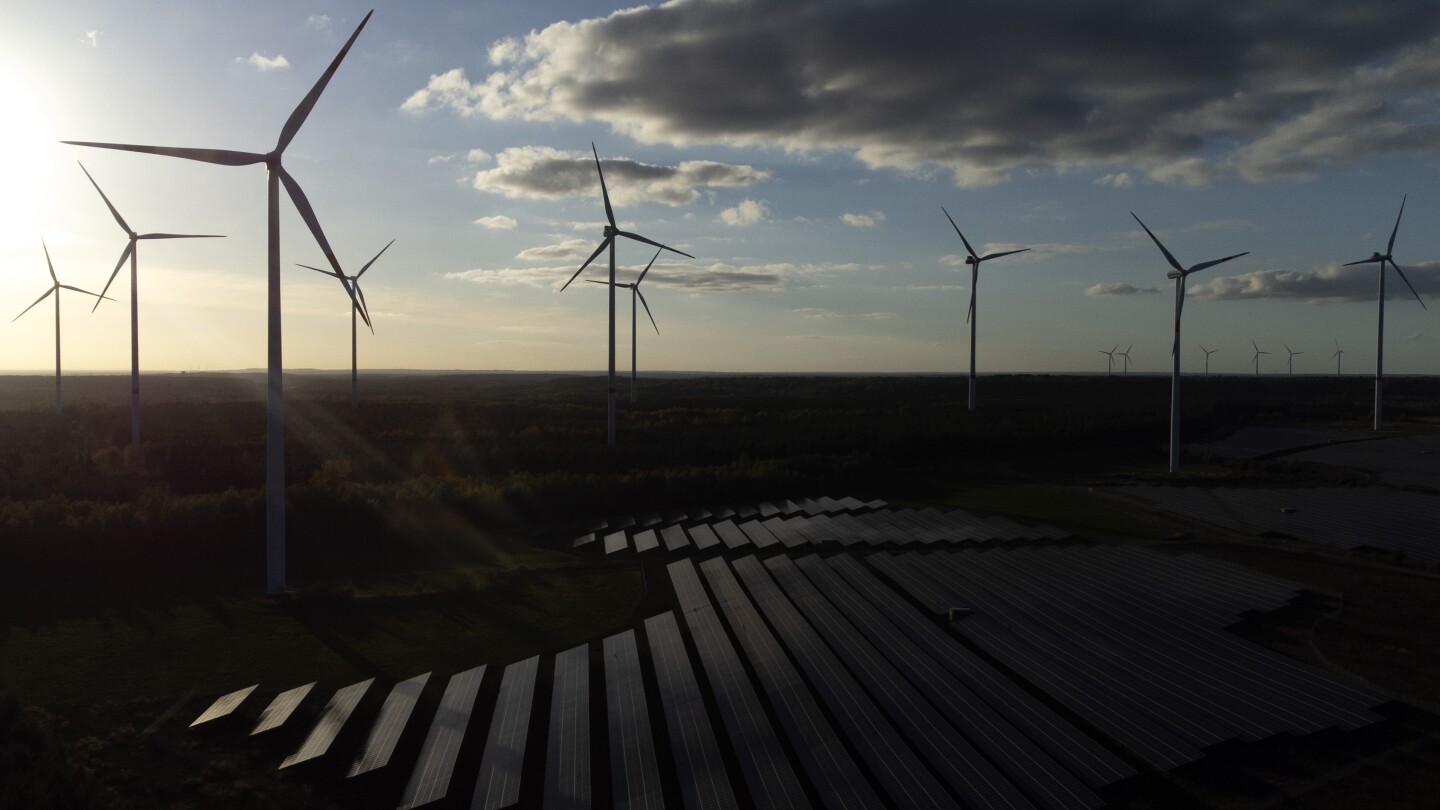The far-right Alternative for Germany (AfD) is expected to score its first major electoral victory in the upcoming eastern German state elections, potentially finishing first in both Thuringia and Saxony.
The polls show that the AfD could win a sizable share of the vote, putting pressure on Chancellor Olaf Scholz’s federal coalition on issues such as the economy, immigration, and support for Ukraine.
The 11-year-old AfD, which has gained traction in eastern states historically influenced by communism, is expected to win Thuringia with around 30% of the vote, ahead of the conservative Christian Democratic Union. In Saxony, the AfD polls similarly, tied with the CDU at around 30-32%. Although the AfD is unlikely to form a state government due to polling below a majority and other parties’ reluctance to work with it, this would be the first time since World War II that a far-right party has won the most seats in a German state parliament.
The growing influence of the AfD and the newly formed far-left Sahra Wagenknecht Alliance (BSW), both of which are expected to perform well, reflect Germany’s growing political fragmentation. The BSW, founded by former communist Sahra Wagenknecht, is expected to finish third in both states, positioning itself as a key player in coalition negotiations.
The AfD’s rise has been fueled by its emphasis on migration, a topic that has received renewed attention following a recent knife attack in Solingen. The party has criticized the current government’s handling of migration and asylum policies, calling for stricter measures.
Both the AfD and the BSW oppose military support for Ukraine and advocate for improved relations with Russia, which has appealed to some voters but raises concerns about the parties’ influence on German foreign policy.
The potential success of these anti-establishment parties could lead to increased instability in Germany’s political sphere, complicating the formation of effective coalitions and potentially impacting national governance. Business leaders have expressed concerns that the rise of far-right extremism could affect Germany’s ability to attract skilled labor and investment.
Thuringia and Saxony elections are scheduled for Sunday, with preliminary results expected later in the evening. The outcome will have an impact not only on state politics, but also on the national political landscape, potentially affecting the national elections in 2025.









